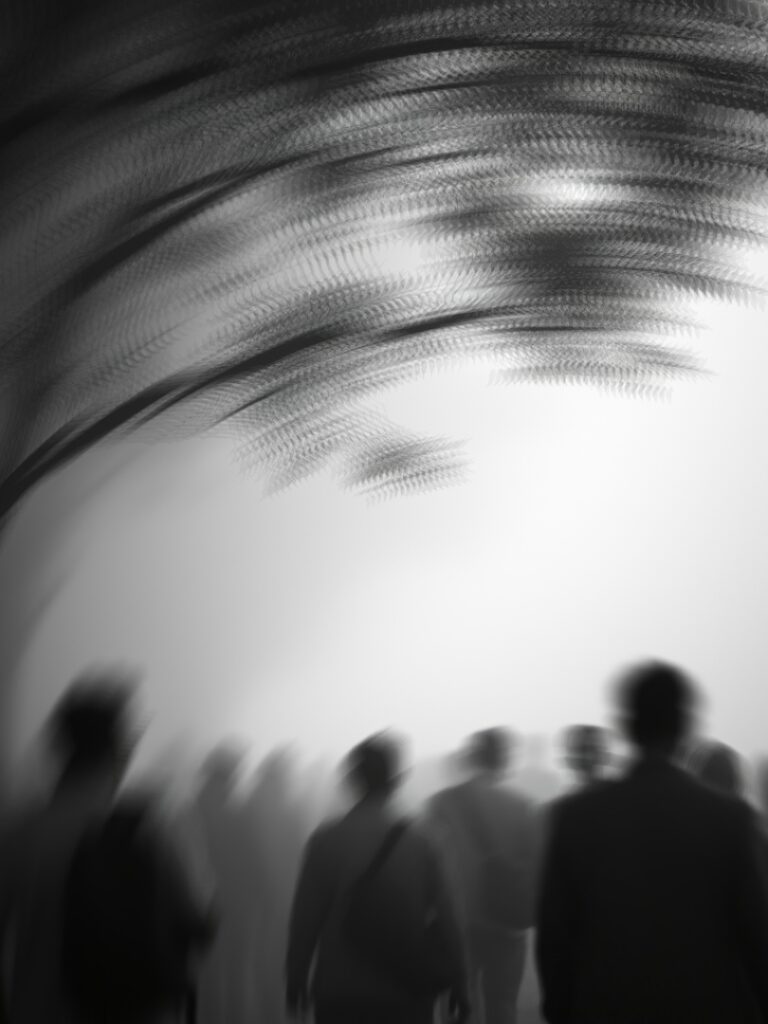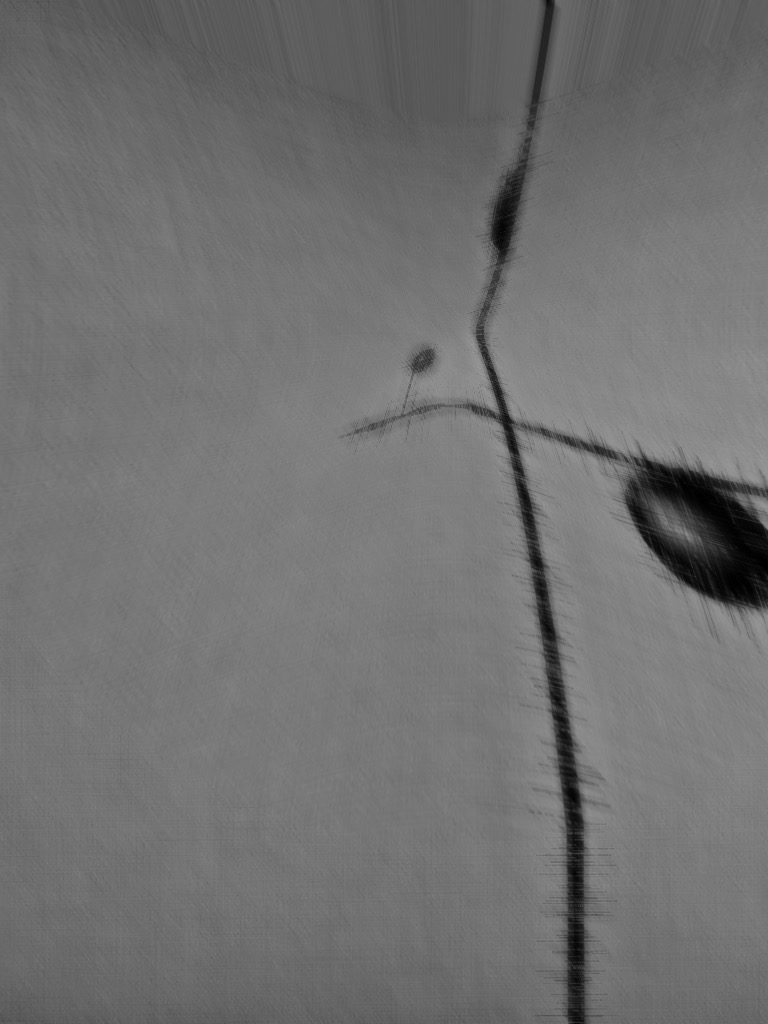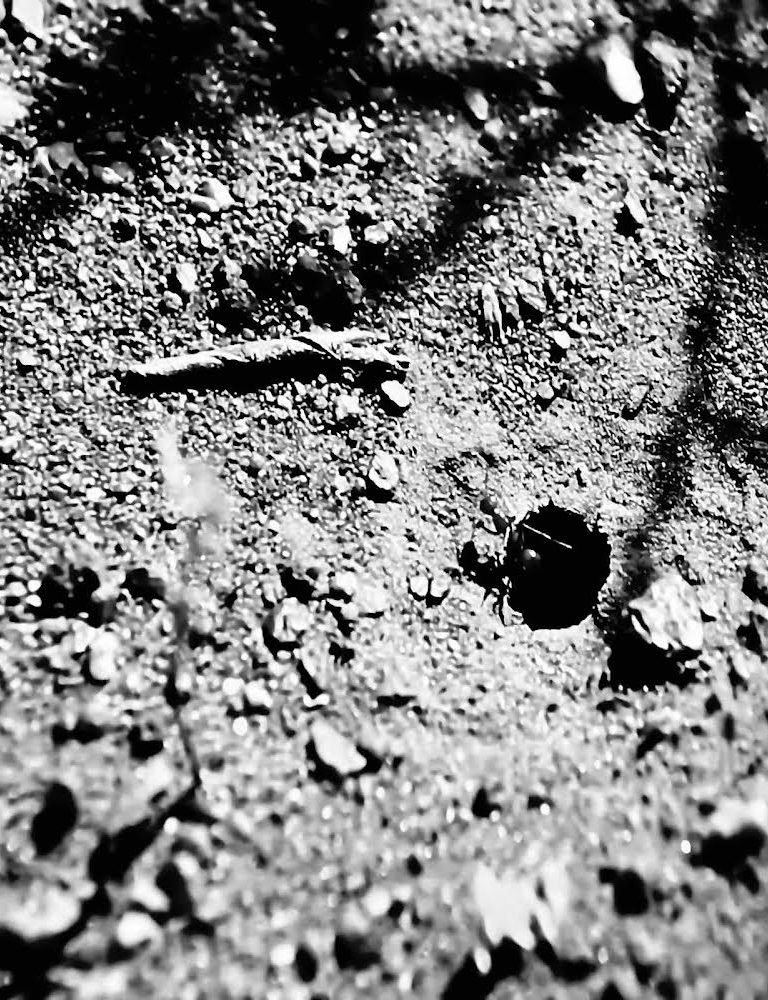In Being and Nothingness, Sartre says that “man is a useless passion”: An acknowledgment of the human condition...


In Being and Nothingness, Sartre says that “man is a useless passion”: An acknowledgment of the human condition...

In Sartre’s existentialism, “transcendence-transcended” is a mode of being. The human being is a transcendence, an entity that...

Foucault introduces the term ‘governmentality’ in Security, Territory, Population, and The Birth of Biopolitics at the Collège de...

Heidegger constantly thinks toward toward freedom. Freedom is questioned, approached, and investigated everywhere in his writings and lectures.

Sartre, in his later work, attempts to bring his version of existentialism together with Marxism. This attempt is...

Investigating and questioning the possibilities and limits of bad faith lie at the heart of the existential thinking-philosophizing...

Sartre’s atheism is radical; it is philosophical and personal, ontological and subjective, phenomenological and poetic; it is the...

The entire existential thinking-philosophizing of de Beauvoir arises from, revolves around, critiques, and argues against the problem of...

For Sartre, committed writing aims at changing the world by disclosing it and by asking and investigating the...

The existentialism of Sartre arises from the conviction that there is no human nature. “Existence precedes essence” conveys...

In the ethical-existential thinking-philosophizing of Sartre, authenticity is offered not as a mere value, but rather as a...

The situation of children is where Simone de Beauvoir begins her discussion and analysis of freedom and the...

According to Sartre, abandonment does not mean that we are forgotten about or left behind by a certain...

The thinking-philosophizing of Simone de Beauvoir is grounded in existentialism, its detours, and attempts; it takes existentialism as...

In Existentialism Is a Humanism, Sartre introduces the detours of his existentialism by bringing existentialism and humanism together...

Sartre’s “hell is other people” means that it is hell to exist subject to, awaiting, and controlled by...

In Being and Nothingness, Sartre criticizes Heidegger’s conception of death in Being and Time and offers his own...

“Existence precedes essence” was first mentioned in a public lecture that was later published as Existentialism Is a...

For Sartre, freedom and responsibility are linked in such a way that places them in a constant relatedness...

Sartre defines consciousness as nothingness and nothingness as freedom. It is in this togetherness of consciousness and freedom...